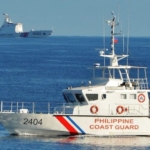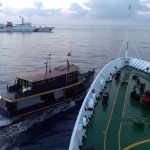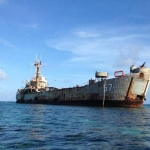
In the ever-evolving digital landscape of the Philippines, a covert force has been shaping online narratives, subtly weaving the threads of pro-China sentiment into the country’s digital fabric. This silent digital presence, often camouflaged amidst political discussions, is none other than pro-China propaganda networks.
Digital Propaganda: The New War in this Era
The genesis of this narrative shift traces back to the presidency of Rodrigo Duterte, whose foreign policy realignment tilted the country’s allegiances toward China. As Duterte’s government openly courted China and distanced itself from Western allies, a digital landscape emerged, one that was increasingly favorable to the Asian superpower.
Yet, the roots of pro-China influence run deeper and longer than many realize. Facebook’s interventions in 2019 and 2020, when it dismantled inauthentic networks linked to Chinese individuals and actors tied to the Chinese government, were early indicators of the growing sway of such networks.
These networks propagated content endorsing Duterte’s policies, supporting China’s territorial claims in the South China Sea, and advocating for China’s expanding influence in the region. Despite these interventions, the pro-China sentiment persisted, often masked by individuals purporting academic expertise to lend credibility to their narratives.
Keep Reading
China’s Tactics
A surge in pro-China posts on Facebook in the second quarter of 2018 heralded a new era of online influence. Coinciding with China’s contentious installation of missiles on artificial islands in the South China Sea, these posts served to downplay China’s actions and challenge the Philippines’ victory in the Hague.
These narratives pose significant threats to the nation’s sovereignty and interests. The challenge arises in distinguishing between genuine expressions of opinion and organized disinformation campaigns.
When online actors start following a script scripted by foreign forces, the line between free speech and coordinated propaganda blurs. As the Philippines grapples with these intricate challenges, it becomes clear that the digital front is as vital as territorial waters in safeguarding the nation’s interests.
In this delicate and ever-shifting landscape, the nation’s ability to navigate these treacherous online waters while preserving its sovereignty and security is paramount. The future of the Philippines may well hinge on this delicate digital balance.



























